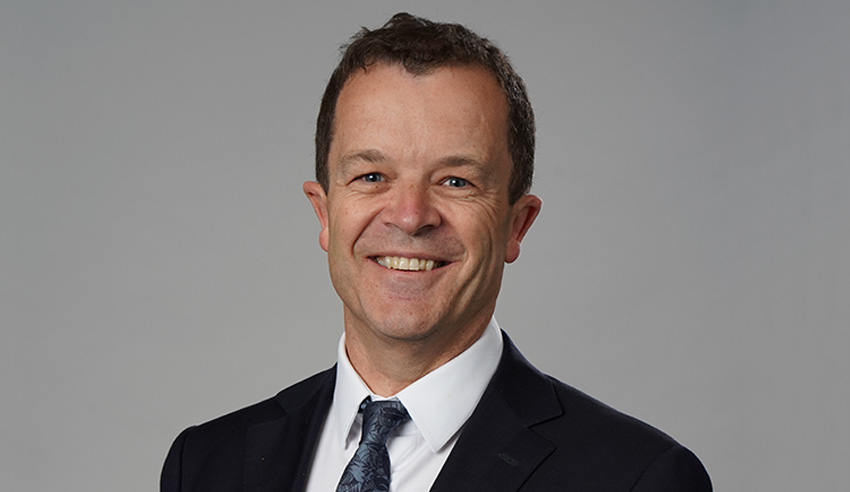A new milestone has been reached in the reformations of Australian defamation law with a renewed focus on social media sites and search engines that may face liability for the publication of material that could be deemed defamatory.

In the second stage of the NSW-led review of national defamation laws, Attorney-General Mark Speakman announced that there would be an examination on the extent to which social media platforms and search engines should be labile for reputation-damaging material available online and accessed via multiple avenues.
“Australia needs contemporary laws that protect reputations in an era when anyone can publish almost anything to the world at large with just the click of a button,” he said, adding that the Council of Attorneys-General has agreed to a suite of changes that included reforming the way online defamation should be analysed.
The defamation reforms come amid high-profile cases that are either still before the courts or are awaiting decisions. Sydney lawyer Chris Murphy finished defamation proceedings against The Daily Telegraph last month over an article that depicted he was unable to represent clients and may be waiting another month for a decision.
Decorated soldier Ben Roberts-Smith is embroiled in the middle of his own defamation proceedings against Nine newspapers over a series of 2018 articles that alleged he had committed war crimes in Afghanistan. In a statement he said the claims were “baseless” and that he was never approached prior to the broadcast.
In arguably the biggest example, former attorney-general Christian Porter has only recently launched defamation proceedings against the Australian Broadcasting Corporation and a journalist for an article he claimed damaged his reputation when it allegedly alluded to him being the cabinet minister accused of rape. He has already indicated that his team will look at social media posts to examine the extent of damages.
Mr Speakman said it is important that the reforms get the right balance “to avoid online commentary being blocked unnecessarily” and ensure that free speech is still viable. He said this is essential to a “proper, functioning democracy”. The discussion paper will also ask whether defamation law discourages reporting alleged crimes and unlawful conduct to police, disciplinary bodies and employers, led by Victoria.
“There is a strong public interest in ensuring victims and witnesses of crime and other unacceptable behaviour are not discouraged from reporting incidents for fear of being sued for defamation,” Mr Speakman said. “However, robust safeguards are needed to prevent people making false or malicious reports.”
NSW last year became the first state or territory to pass far-reaching, nationally agreed defamation reforms designed to unclog courts from trivial claims and support public interests’ journalism. NSW, South Australia, Victoria and other jurisdictions will be able to implement the reforms in July with remaining jurisdictions following soon after.
